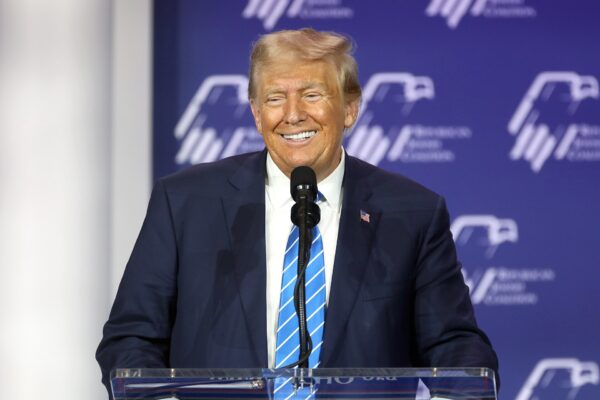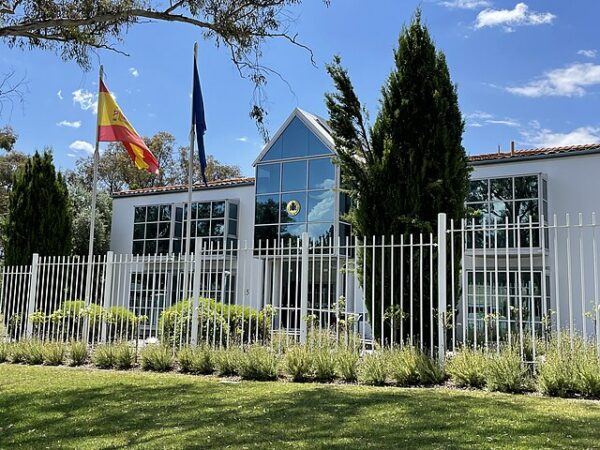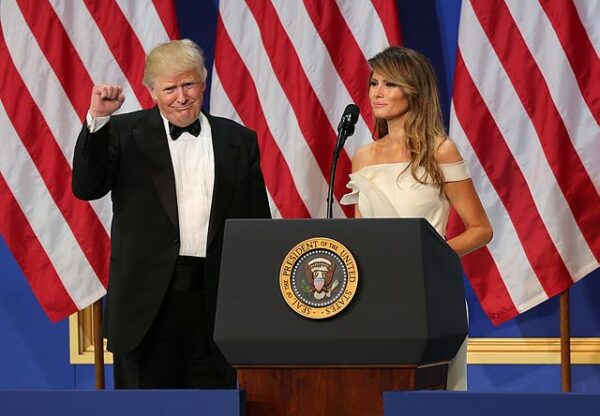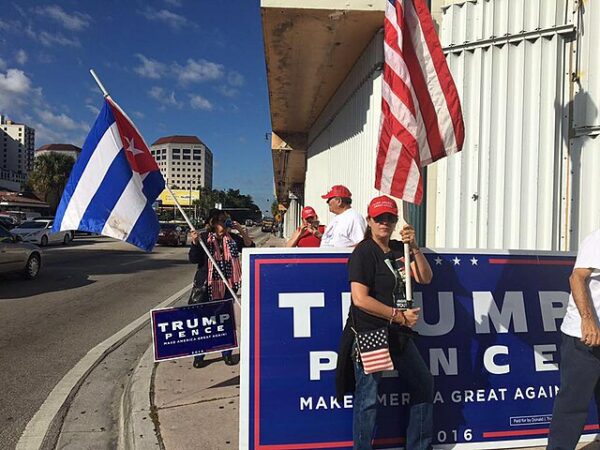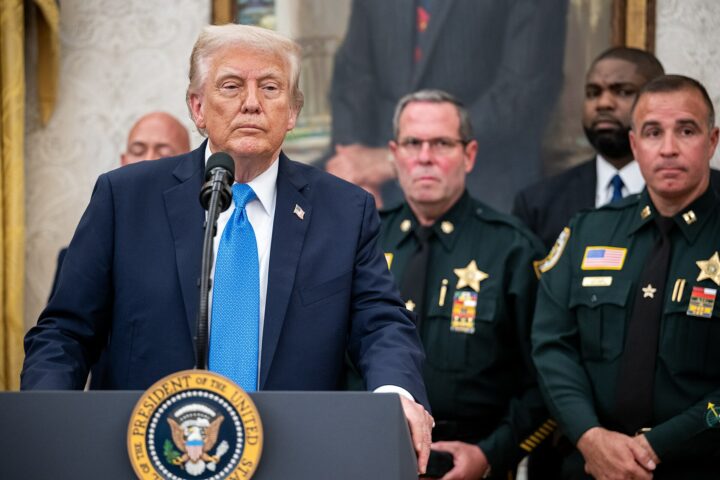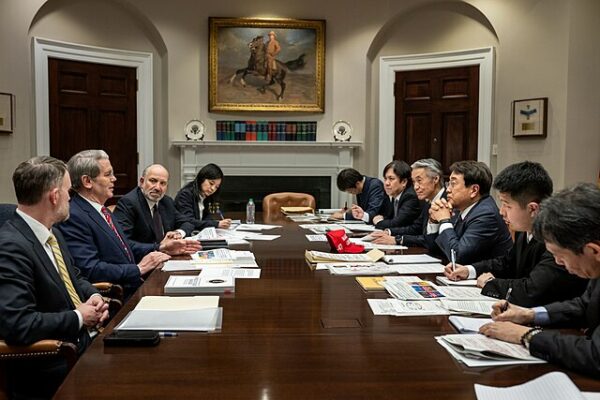In a high-profile display of diplomacy and brinksmanship, President Donald Trump and European Commission President Ursula von der Leyen on Saturday announced a sweeping new trade agreement that imposes a 15% tariff on most European imports while locking in massive European commitments to buy American energy and invest in the U.S. economy.
Unveiled just days before a critical August 1 deadline that threatened to ignite a transatlantic trade war, the deal represents a calibrated compromise. The 15% tariff—well below the 30% President Trump had previously floated, but significantly higher than the 10% preferred by Brussels—will apply to most EU goods entering the U.S., including automobiles.
“It’s a very powerful deal, it’s a very big deal, it’s the biggest of all the deals,” Trump declared at a press event at his Turnberry resort, standing beside von der Leyen. The Commission President echoed his enthusiasm, calling the agreement “a good deal, it’s a huge deal, with tough negotiations.”
'It's a very powerful deal, it's a very big deal, it's the biggest of all the deals'
US President Donald Trump speaks to reporters after the United States and European Union agreed a trade dealhttps://t.co/Bh8I5nwtZA
📺 Sky 501, Virgin 602, Freeview 233 pic.twitter.com/sFQI2WBzoF
— Sky News (@SkyNews) July 27, 2025
Under the terms of the agreement, key sectors including aerospace, pharmaceuticals, and chemicals will be exempt from the new tariffs. Von der Leyen clarified that the 15% rate would not stack atop existing duties, reported CNBC. In return, the EU pledged to purchase $750 billion in U.S. energy and direct an additional $600 billion in investment toward American industries. Trump added that the EU would be buying “hundreds of billions of dollars worth of military equipment,” though no breakdown was provided.
The accord follows weeks of mounting tension, during which EU member states readied countermeasures and debated invoking the bloc’s “Anti-Coercion Instrument” to deter unilateral U.S. actions. European officials greeted the compromise with measured relief.
“This brings clarity and predictability to the trading relationship between the EU and the US,” said Irish Prime Minister Micheál Martin, while cautioning that increased tariffs would make trade “more expensive and more challenging.” German Chancellor Friedrich Merz emphasized the reprieve for his country’s vital auto sector, noting the reduction from the previously threatened 27.5% tariff to 15% as “significant.” Dutch Prime Minister Dick Schoof acknowledged that “no tariffs would have been better,” but praised the deal’s stabilizing effect. Italy’s Prime Minister Giorgia Meloni called the outcome “sustainable” and lauded the avoidance of a “direct clash” between the two powers.
With transatlantic trade between the U.S. and EU valued at $1.97 trillion last year, the stakes of failure were high. Though uncertainties remain—particularly around the pace and structure of European investments—the agreement signals a new era of tentative stability between two of the world’s largest economic blocs, averting a costly rupture at the edge of escalation.
[Read More: Trump Reduces Deadline For Putin]

